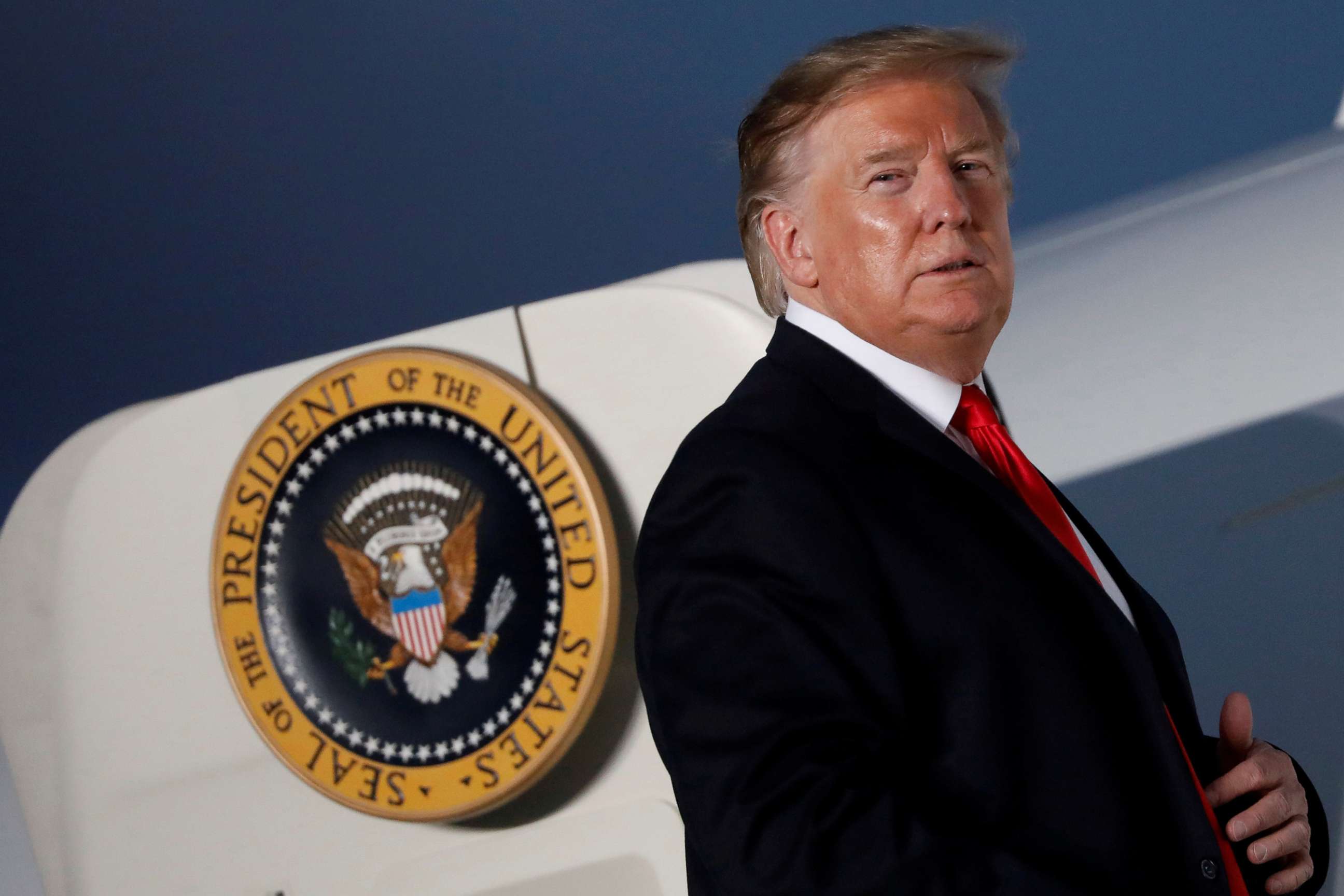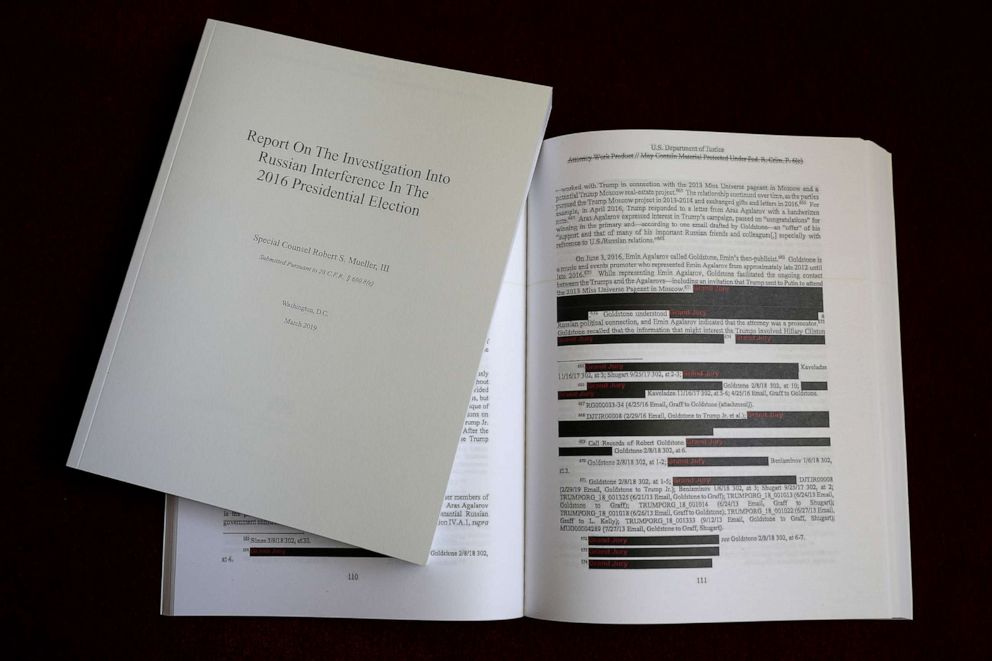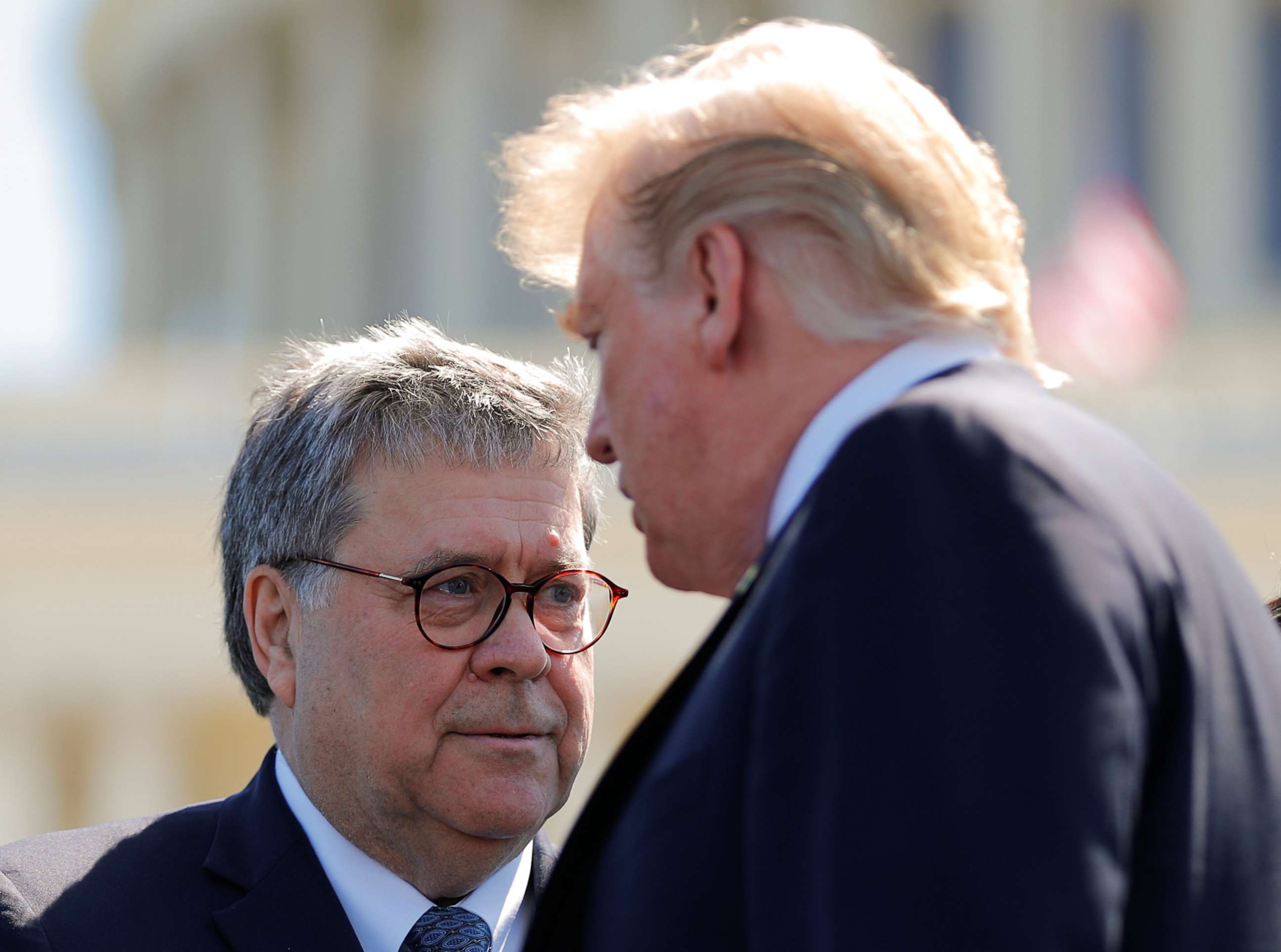'Unprecedented' to use impeachment inquiry as a 'fact-finding mission': ABC Legal Analyst Dan Abrams
Abrams said an inquiry would help, but it's "not a game changer."
As House Democrats continue to debate over impeachment inquiries, ABC News Chief Legal Analyst Dan Abrams weighed in on the potential fallout of making the political move.
Calls for impeachment have continued on Capitol Hill in the wake of the release of special counsel Robert Mueller's report, leaving many people questioning what an official inquiry would entail.
On ABC News' Powerhouse Politics podcast on Wednesday, Abrams told ABC News political director Rick Klein and senior congressional correspondent Mary Bruce that while impeachment proceedings would have enormous political implications, an impeachment inquiry would not significantly differ — legally — from Congress' established oversight ability.
As subpoena battles continue in the courts, Abrams explained that an inquiry would simply force President Donald Trump's hand and give Congress a legislative purpose for seeking further information.
"If there's an impeachment inquiry, that is the legislative purpose…it helps [Democrats] slightly as a legal matter, but it's not a game-changer," he said.

An inquiry would open the door for impeachment, but Abrams noted that House Democrats would likely only pursue this path to be able to scrutinize the president rather than start an official proceeding.
"It would be unprecedented to sort of dip your toe in the way Congress is talking about doing it here," Abrams said, adding that, historically, Congress has not considered impeachment a "fact-finding mission."

Abrams and Klein went on to discuss Attorney General William Barr's actions in the wake of the Mueller Report. Despite the inconclusive nature of the report, Barr has held that the lack of a conclusion proves "no collusion," leading many Democrats and some Republicans to question whether he is acting in the country's interest or the president's.
In an interview earlier this week with the Wall Street Journal, Barr noted that the president is "not an errand boy for Congress" and, because of his belief in a strong executive, Trump did not owe Congress any information.
Abrams said on Wednesday that Barr's summary of the Mueller report and his conclusions about it showed his support for Trump more than the power of the office he holds.
"He's going all in for the president here," Abrams said. "And I don't mean for the presidency."

While an impeachment inquiry would be unusual and unprecedented, Abrams noted that this isn't the first time we've seen a president in the courtroom. In particular, Abrams and Klein discussed President Teddy Roosevelt's five-week legal battle in the early 20th century.
Abrams' new book "Theodore Roosevelt for the Defense: The Courtroom Battle to Save His Legacy" describes a court case in which Roosevelt was sued for libel in 1915 after accusing New York State party boss William Barnes of being "corrupt."
In today's divisive political culture, such an insult might seem normal, but Barnes took the accusation as an attack on his character and defended himself on the stand.
"The fundamental questions that they were discussing and debating were over money and politics, corruption in politics and the influence of money," Abrams explained. "And these are still issues obviously that we discuss every day in our in our political system."




